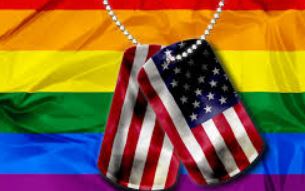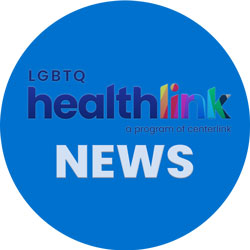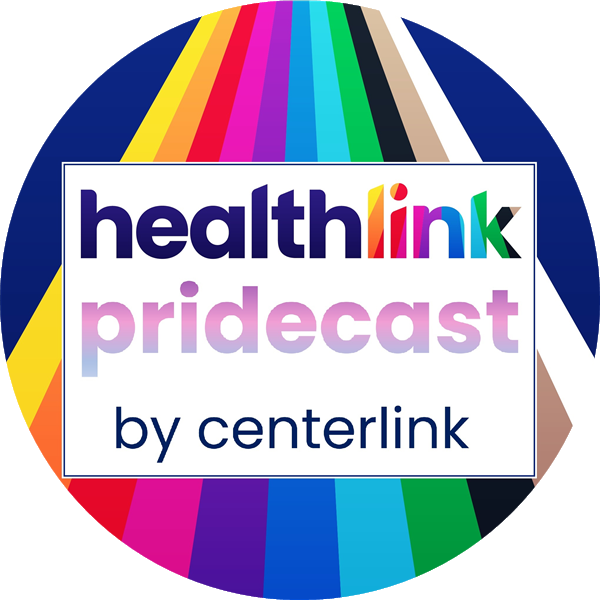This Week in #LGBTWellness: Pride Events To Just Say No!

LGBT HealthLink, 2/8/2018
When Pride Parades Go Up in Smoke
Researchers explored the targeting by tobacco companies of what should be a safe space: LGBT pride festivals. They found that only 8% of the 100 festivals studied had published a smoke-free policy, usually resulting from local bans on smoking. Also concerning was that 61% of the festivals that shared their sponsorships had received funding from alcohol companies.
Thousands at Risk for Conversion Therapy
The Williams Institute published a new report finding that 20,000 youth aged 13-17 today will receive harmful “conversion therapy” by the time they turn 18 if states do not move to protect them, and that another 57,000 will be similarly mistreated by religious figures. NBC covered the report and provided an update on the status of conversion therapy bans in states and Congress.
Anti-LGBTQ Homicides Are on the Rise
NCAVP reported that the number of anti-LGBTQ homicides in the U.S. nearly doubled between 2016 to 2017, jumping from 28 two years ago to 52 last year. The new number, they point out, means that an LGBTQ person was murdered an average of once per week throughout 2017. 71% of all victims were people of color, with transgender women of color especially at risk.
Military Docs Want LGB Training
Researchers found that nearly 4 in 5 military doctors want specific guidance from the Department of Defense on how to provide sexual health care for queer patients. While almost two-thirds of doctors said they were comfortable discussing same-sex relations, only 5% had asked patients about such activity, and less than one-third said they had been trained on it.
Better Family Support Means Better Trans Health
A study found that when transgender and gender-nonconforming youth reported their families as being better functioning (in terms of communication and overall satisfaction), they also had better health outcomes. For example, youth from these more supportive environments reported less self-harm and depressive symptoms, as well as higher levels of self-esteem and resiliency.
Doctors Don’t Always “Get” Queer Women
NewNowNext reported on the “clueless questions” that queer women tend to get from doctors, whom studies have shown are not always LGBT-competent. In addition to summing up some of the research on the subject, the author also shares her personal experience as a queer woman in college, as well as the experiences of other women who have had less-than-great encounters.
Bi Men at Risk for Prescription Misuse
Researchers found that in a study of queer young men in Chicago, bisexual men were more likely than gay men to misuse painkillers and depressants or tranquilizers; some racial differences were also found among queer men generally. Those who used other substances were more likely to have misused prescription drugs of one form or another.
Smoking Drop Excludes LGBT Folks
U.S. News reported on recent research showing that while the overall population has seen a significant decline in smoking, the rate remains high among the LGBT population. Groups like low-income people, those with mental illness, and some racial minority groups have also seen smaller-than-average drops in smoking rates, suggesting a need for targeted cessation efforts.
Surprising News on Trans Health and Age
Researchers found that even though transgender youth are growing up in a somewhat more open culture, a comparison of trans-feminine youth and trans-feminine folks aged 40-plus revealed that the older group had less internalized transnegativity and less psychological distress. The surprising results underscore the need to support trans youth even as we move towards equality.
Competent Services Needed for Queer Immigrants
Center for American Progress reported on the challenges and opportunities facing LGBT immigrants in the US, who number almost 1 million – among whom more than a quarter-million are undocumented. The report looks at programs in several cities in states available to help LGBT immigrants and explores the importance of culturally-competent services.
E-Cigs Can Be Deadly
The National Academies of Sciences, Engineering, and Medicine published a report on the health problems caused by e-cigarettes, with news sources reporting on the potential “risk of life-threatening conditions” like cancer and heart disease. While the report did not directly address LGBT folks, research has shown that both LGBT adults and youth face high disparities.
Observing World Cancer Day
The Union for International Cancer Control marked World Cancer Day on February 4th, a somber reminder of the work still left to be done to improve public health, especially for disparately- and differently-impacted groups. This includes LGBT people, whose relationship to cancer is something in need of further study and attention.




